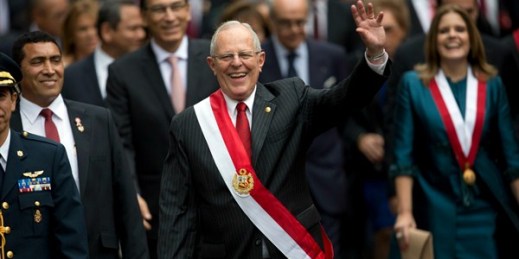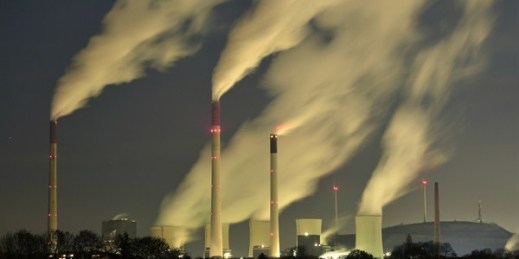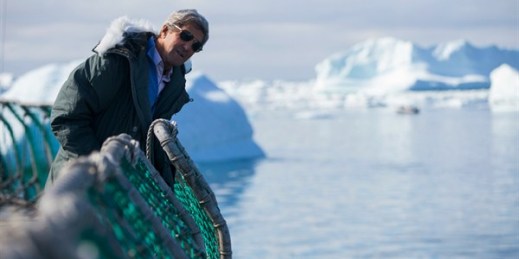
After a rollicking election, Pedro Pablo Kuczynski took office as Peru’s new president yesterday. To fulfill his broad pledges for Peru’s economy—mainly, to maintain market-friendly policies while reducing poverty—his administration will need to move quickly and decisively on several issues, especially the energy sector. Kuczynski has committed to closing the gap for access to electricity in Peru by 2020, but that requires efforts aimed at improving power distribution across the country—no easy task. He has prioritized natural gas as a power source, focusing on completing a touted but stalled pipeline connecting the Camisea gas fields in Cusco to Peru’s southern […]



